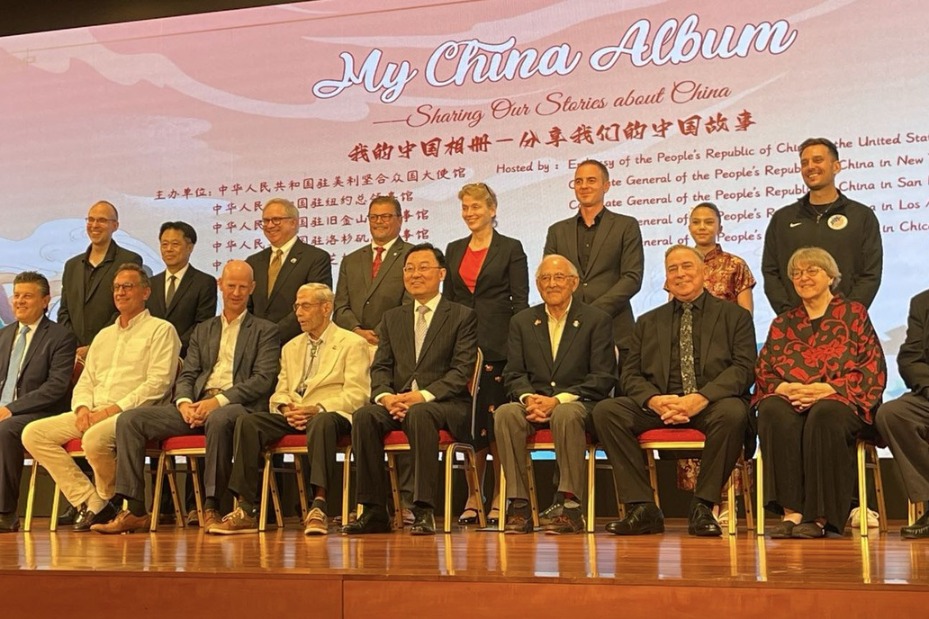Business has key role in East African integration
By Edith Mutethya in Kigali, Rwanda | China Daily | Updated: 2019-03-30 08:39

For the East African Community to overcome is current challenges, realize its objectives, and unlock untapped potential, business should take center stage in regional integration, according to private sector leaders.
Despite being hailed as one of the most integrated regional economic blocks on the continent, the EAC, which is composed of Burundi, Kenya, Rwanda, South Sudan, Tanzania and Uganda, has been grappling with several challenges undermining its integration process.
Some of the key problems include the lack of a sound legal and institutional framework, budgetary constraints, inadequate institutional capacities at national and regional level to domesticate regional policies, and a lack of coherency in legal and regulatory frameworks.
This is in addition to the mismatch between regional development planning and partner states' individual development planning, low levels of economic and social infrastructure development and fears over the loss of sovereignty.
Despite the challenges, private sector players are optimistic about the future of regional integration and are set to actively participate in the process.
Ali Mufuruki, the founder and CEO of Infotech Investment Group, said the future of EAC integration is bright and that the private sector should work in partnership with the public sector to drive EAC integration.
He is of the view that regional integration should start from the product level, through exporting products as a region rather than a single country in order to meet demand and remain globally competitive.
"The EAC can form one company that will export East African coffee. This way, the region could become the biggest supplier of coffee to China for instance. It doesn't make sense for coffee suppliers in East Africa to compete with each other," he said.
Deep value chain
This, he said, can be applicable to products that have a deep value chain, and can be sourced from across the region, for every member state to benefit.
"We can build a coffee airbus, a textile airbus or a tourism airbus. East Africa has great scenery. We can consider marketing the region as a tourist destination," he said.
Peter Mathuki, executive director of the East Africa Business Council, said the idea of business taking center stage in regional integration is timely.
He said the private sector should call governments to the negotiation table and discuss what should be done to drive the regional integration process, instead of waiting to be invited by the government.
Joshua Oigara, CEO of Kenya Commercial Bank Group, said the private sector should be in the forefront in setting the agenda for regional transformation.
"We have been using the East Africa Business Council, but perhaps we need to push more as private sector leaders and CEOs to make our conversation well known," he said.
























